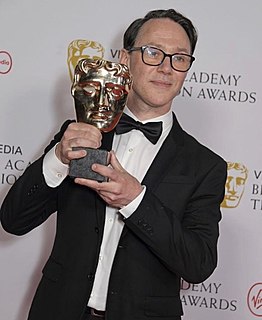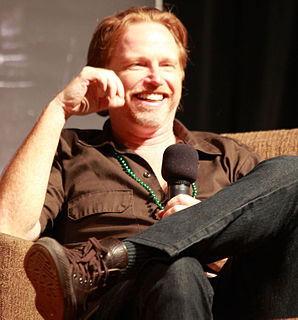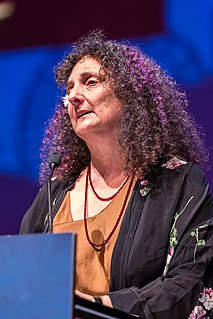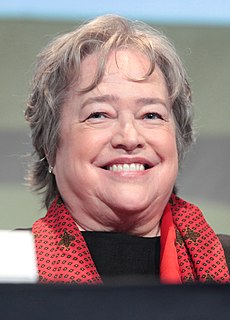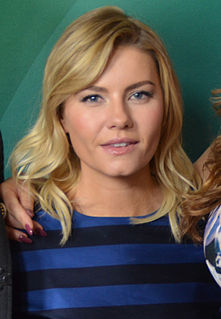A Quote by Jorge Luis Borges
In our dreams (writes Coleridge) images represent the sensations we think they cause; we do not feel horror because we are threatened by a sphinx; we dream of a sphinx in order to explain the horror we feel.
Related Quotes
I have always felt a little bit uncomfortable with question [why I'm write these stories]. It's not a question that you would ask a guy that writes detective stories or the guy that writes mystery stories, or westerns, or whatever. But it is asked of the writer of horror stories because it seems that there is something nasty about our love for horror stories, or boogies, ghosts and goblins, demons and devils.
With The Exorcist we said what we wanted to say. Neither one of us view it as a horror film. We view it as a film about the mysteries of faith. It's easier for people to call it a horror film. Or a great horror film. Or the greatest horror film ever made. Whenever I see that, I feel a great distance from it.
Audiences are very sophisticated and they know the nuts and bolts of the genre - certainly with horror more than others I think. But they attract lots of people, they're much derided as a genre but people go and see them and they're not all dumb. There's some very clever horror films. Stephen King gets a lot of flack for not being a proper writer because he's a horror writer, but I think he writes some brilliant books. I think it's wrong to just bin it before looking at it.
The definition of horror is pretty broad. What causes us "horror" is actually a many splendored thing (laughs). It can be hard to make horror accessible, and that's what I think Silence of the Lambs did so brilliantly - it was an accessible horror story, the villain was a monster, and the protagonist was pure of heart and upstanding so it had all of these great iconographic elements of classic storytelling. It was perceived less as a horror movie than an effective thriller, but make no mistake, it was a horror movie and was sort of sneaky that way.
I had always loved horror films, so I wanted to do something in the horror genre but wanted it to be sweet and charming at the same time. Because there's a difference between watching horror, where you can leave it behind, and writing horror, where you have to live in it for months and months at a time.




